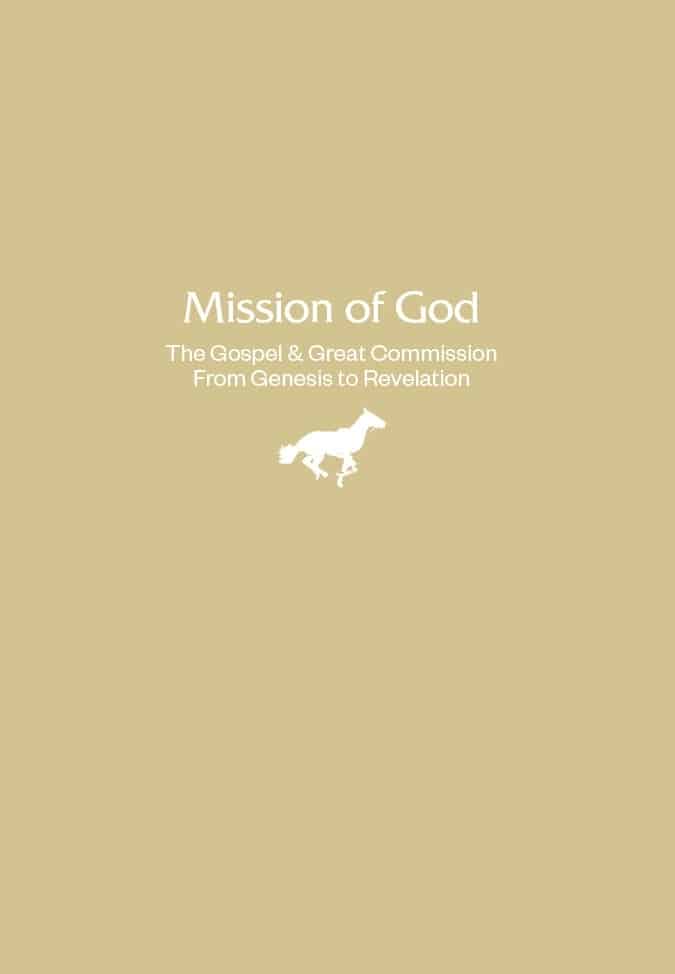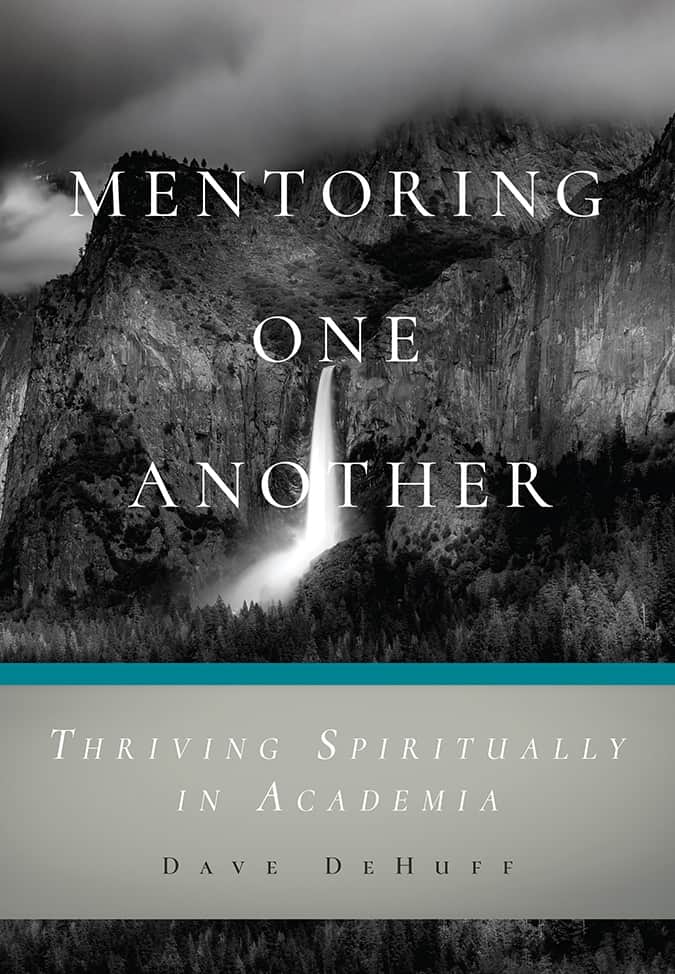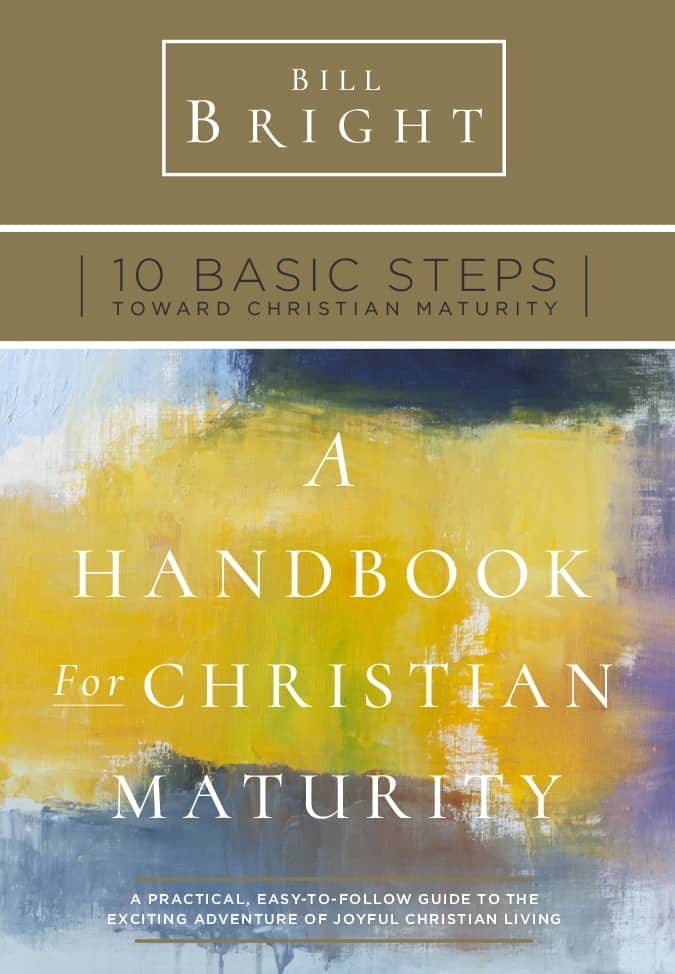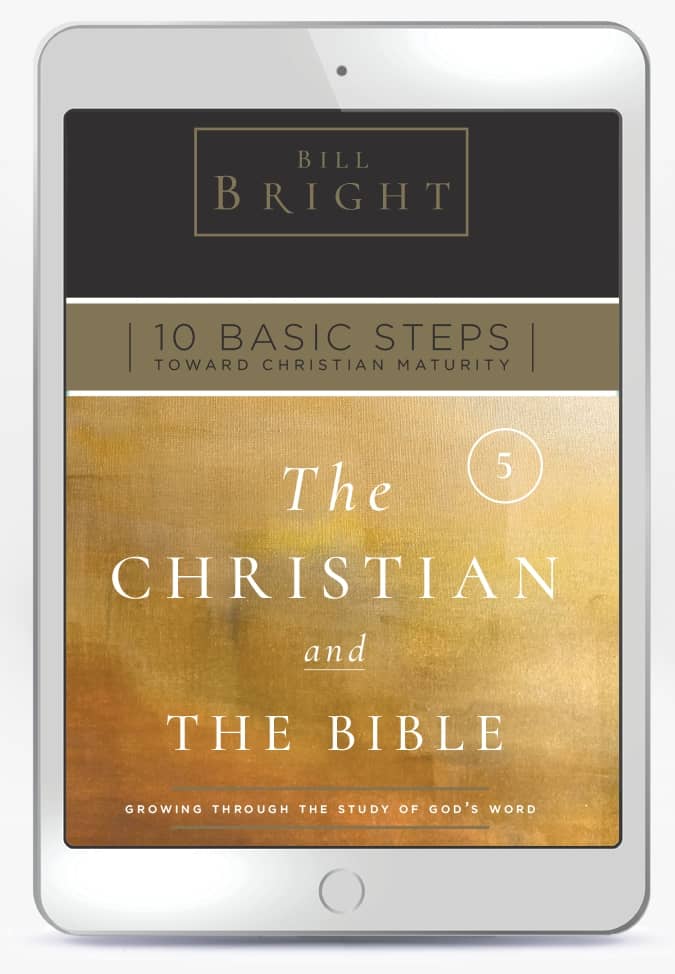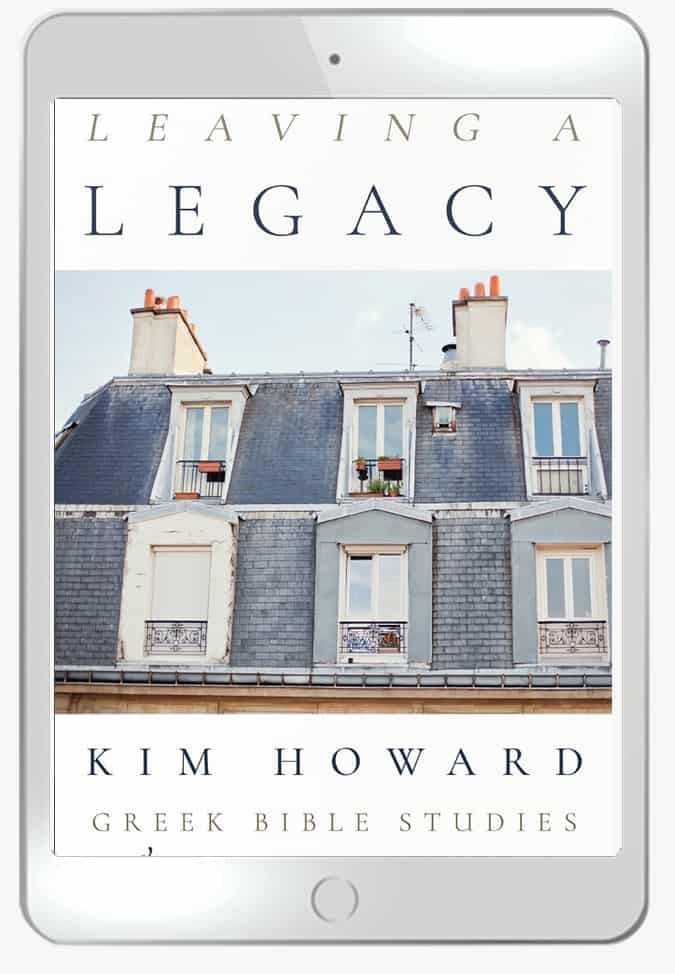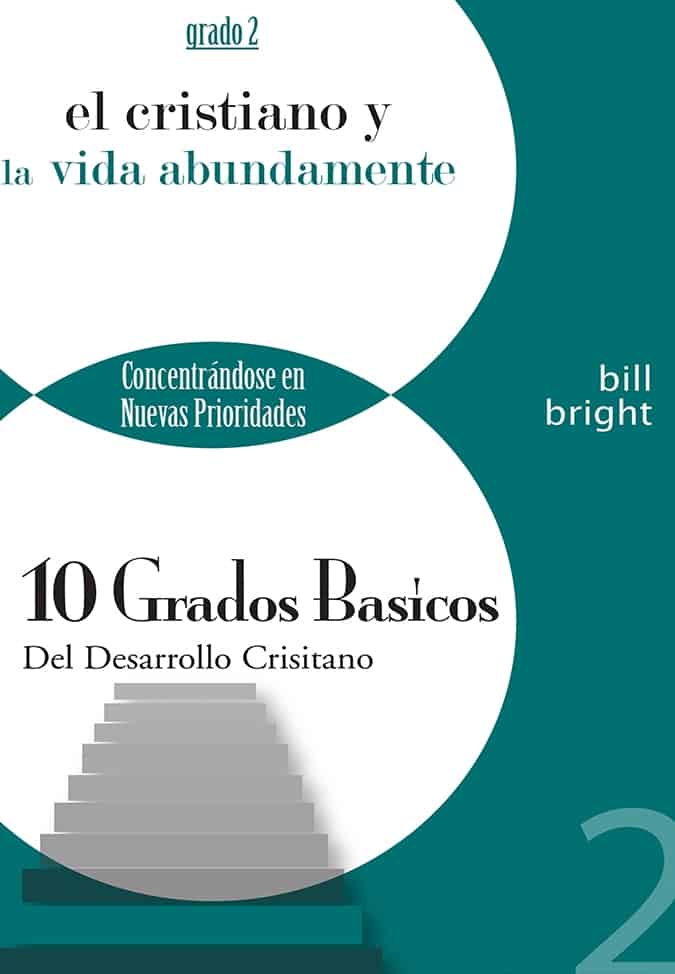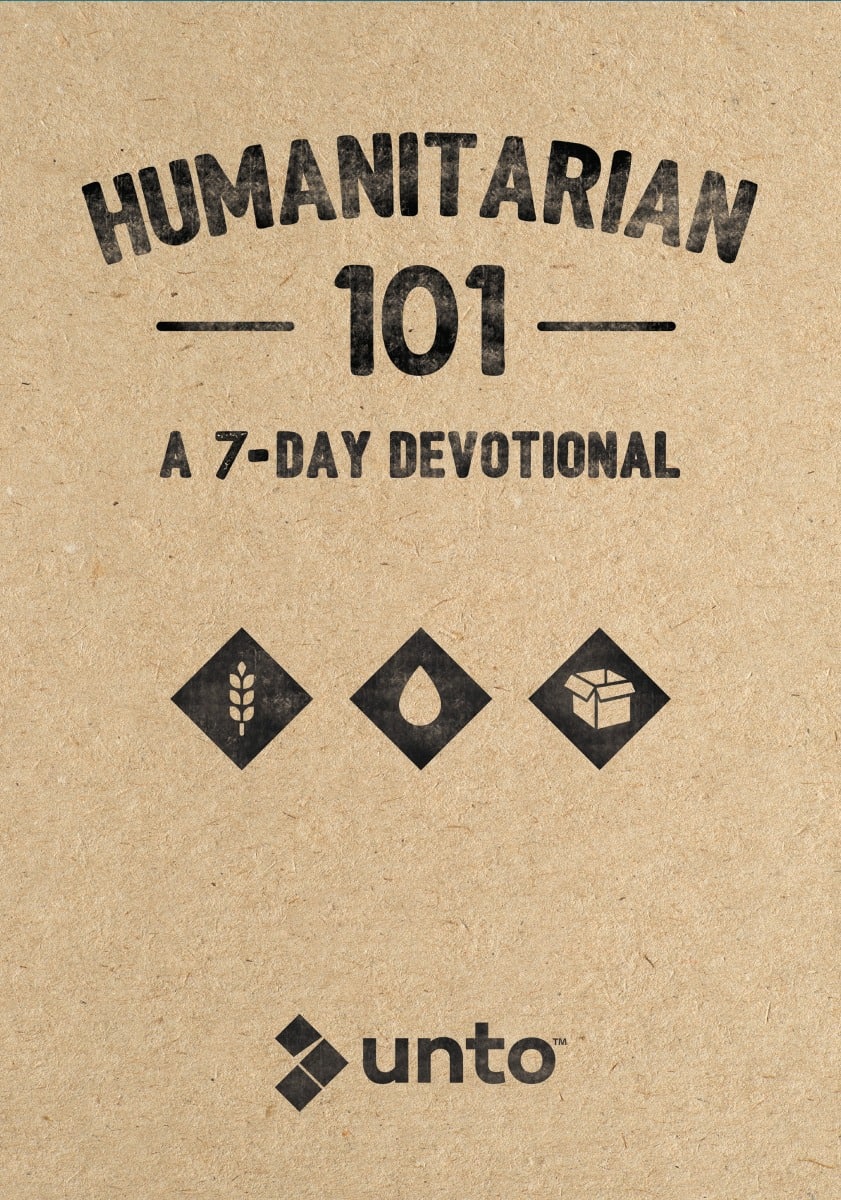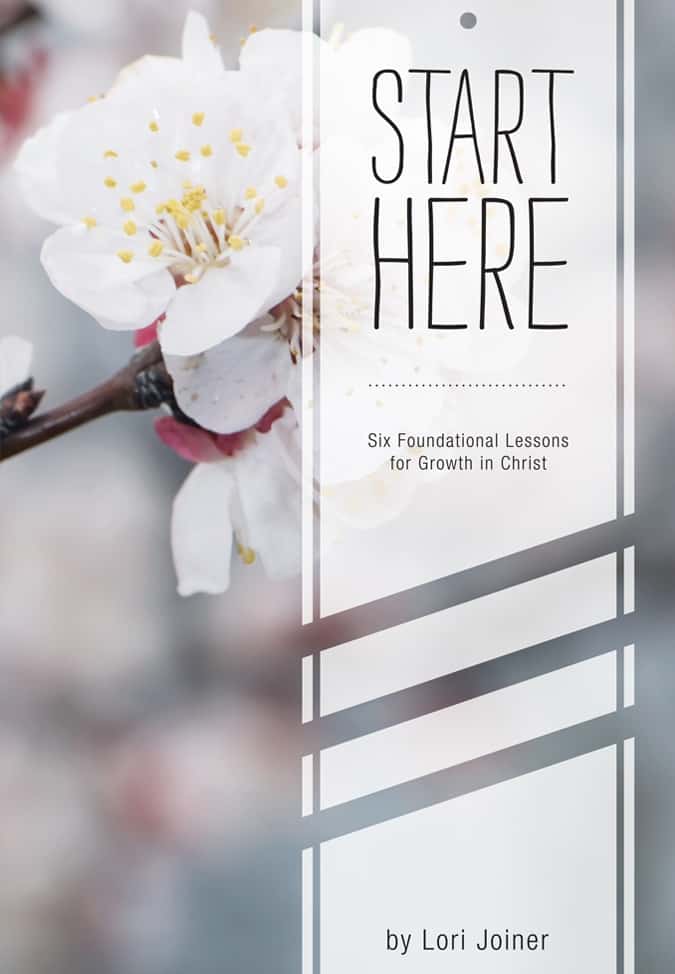Want to use this method to study your Bible?
Want to share this method with someone you know?
We’ve created a fill-in-the-blank template just for you!
DOWNLOAD GUIDE (PDF)
Connect
In spite of whatever you may intellectually affirm (head knowledge), what does your current interaction with the Bible say about how you actually view it?
Cultivate
Summary: While there are several great methods for studying the Bible, here’s a simple method one can follow: Observation, Interpretation, Transformation and Application. To put it another way: What? Why? Who? and So What?
Read Matthew 7:15-23, and explore it using the Observation, Interpretation, Transformation, Application method. What specific questions can you think of for each section?
1. Observation — What?
Observation is taking a portion of Scripture and making some initial observations about it:
What’s going on?
Who are the characters?
Where is this taking place?
When did this take place?
What does that word mean?
Is this situation described anywhere else in the Bible?
What is the context? (What comes before and after the passage?)
Once you get a feel for some of these questions, try to keep an eye out for key words or phrases, repeated words, contrasts and comparisons.
Discuss:
2. Interpretation — Why?
Interpretation refers to understanding the meaning or big idea of the passage. Resources that can be beneficial to this step are Bible dictionaries and commentaries. Ask questions such as:
Why did God include this in His word?
Why did the author write this?
What is the historical and cultural context of this passage?
What is true about God and His character?
What sinful, broken or fallen condition is being addressed or corrected by this passage?
How are people putting their trust in something apart from God? Why?
What are the universal principles, beliefs and values that can be taken from this passage?
Keeping these questions in mind can help us understand the timeless truths in the passage.
Discuss:
3. Application — So What?
In light of our interpretation and the transformative grace and truth we’ve discovered, how does the passage apply to us practically? To discover this, ask questions like:
What does God want me, or us, to believe, value or do?
How is this different from my current beliefs, values, desires and actions?
Are there commands, warnings or encouragements in this passage?
Is there anything discussed in this passage that I should avoid?
In light of this passage, how does God want me to trust and follow Him?
How do my negative thoughts, feelings and actions point to the lies I’m believing about myself, God and others?
Discuss:
What application questions can you think of for this passage?
What application to your life do you see in Matthew 7:15-23?
Which of these four steps do you find easy? Which do you find difficult?
Pray: In light of what we’ve discussed, how can we pray for each other right now?







